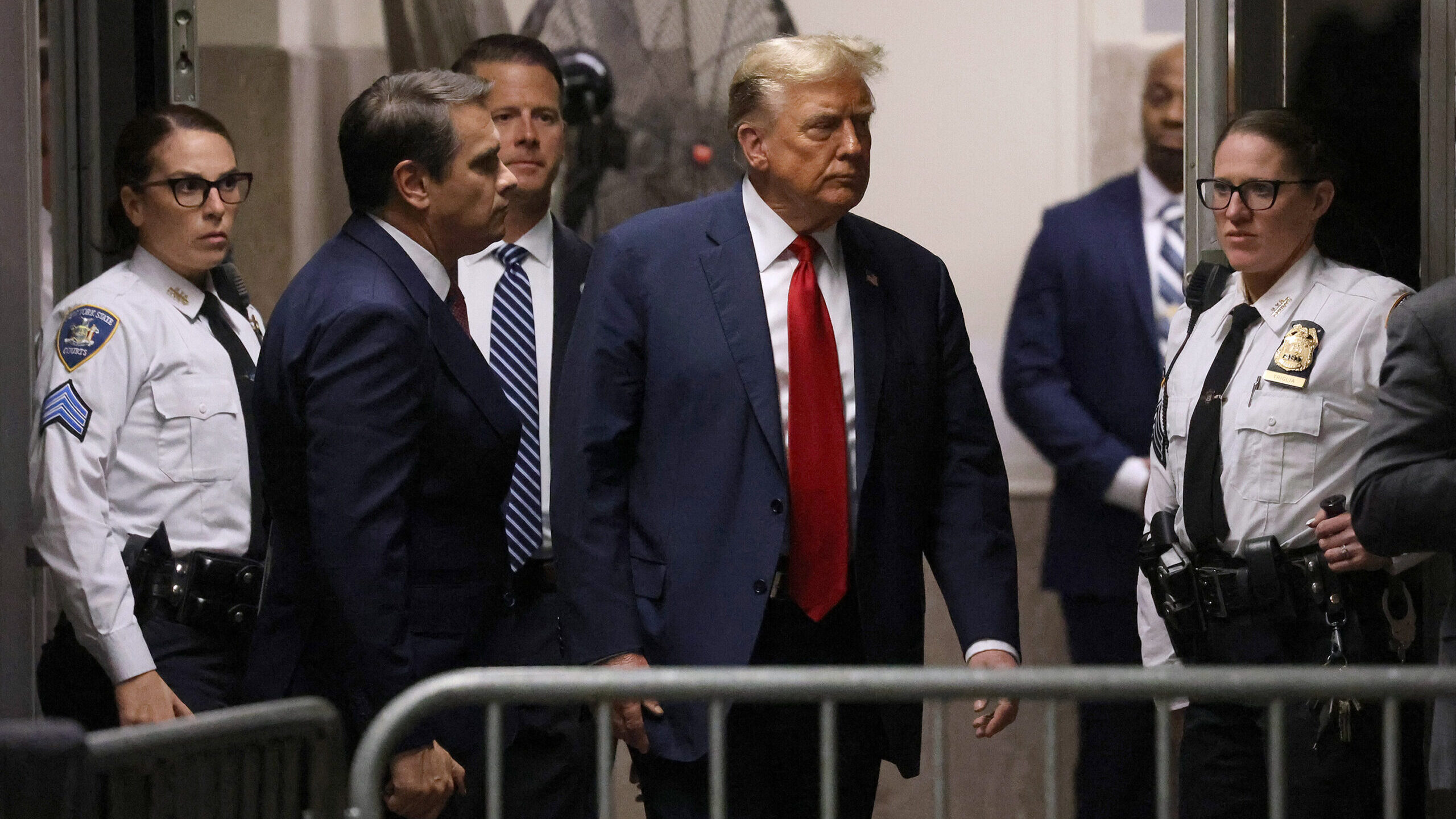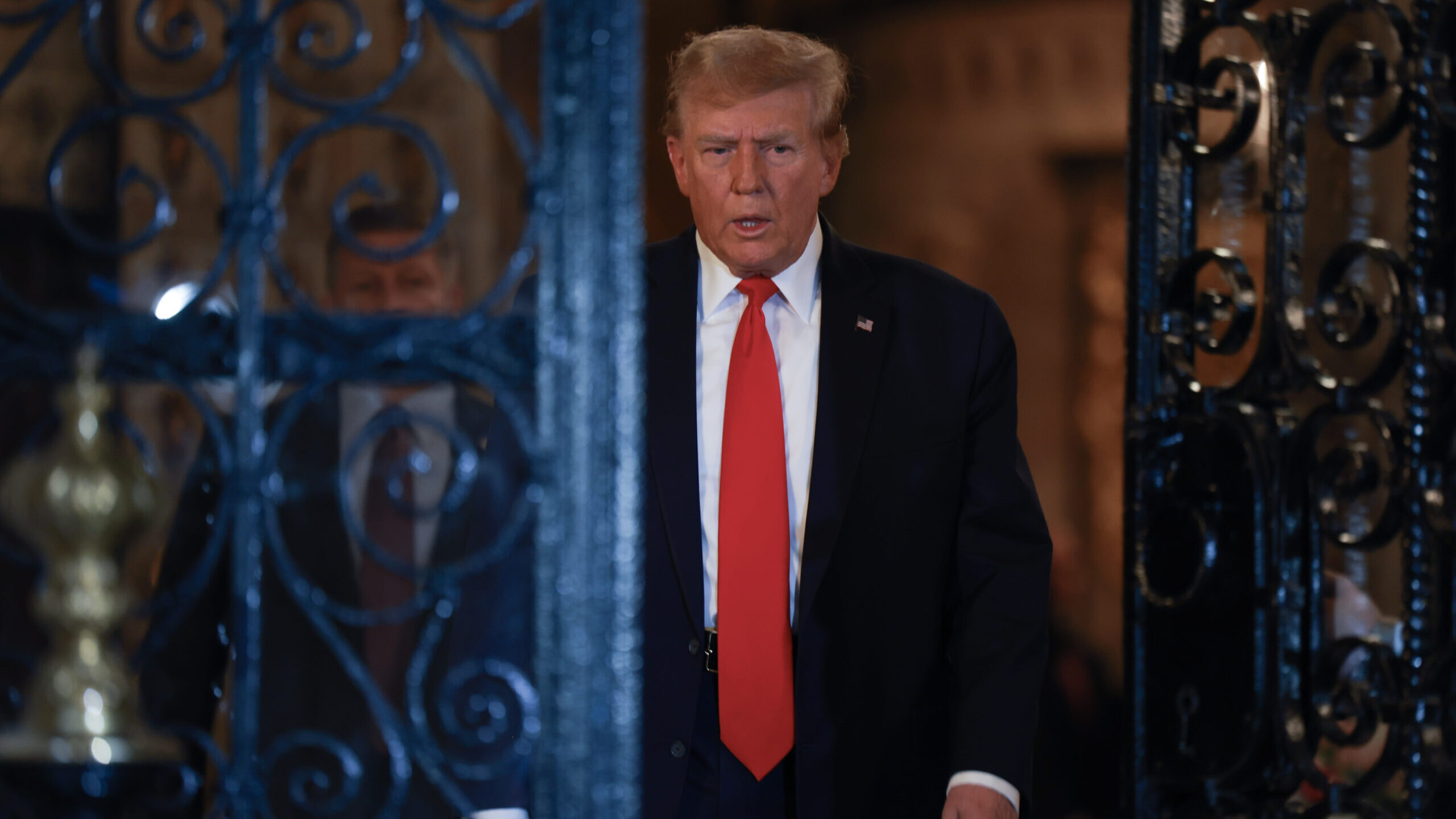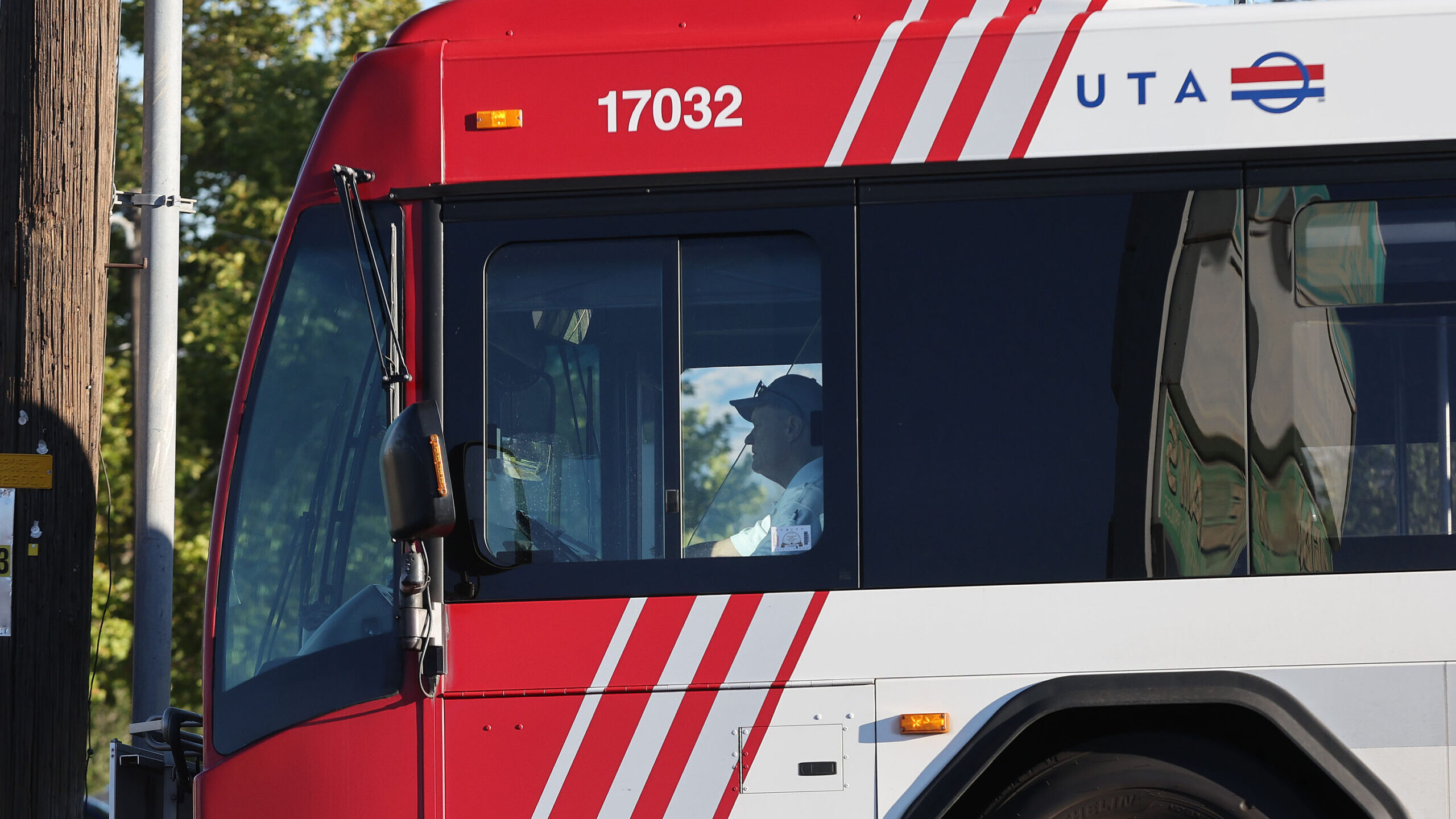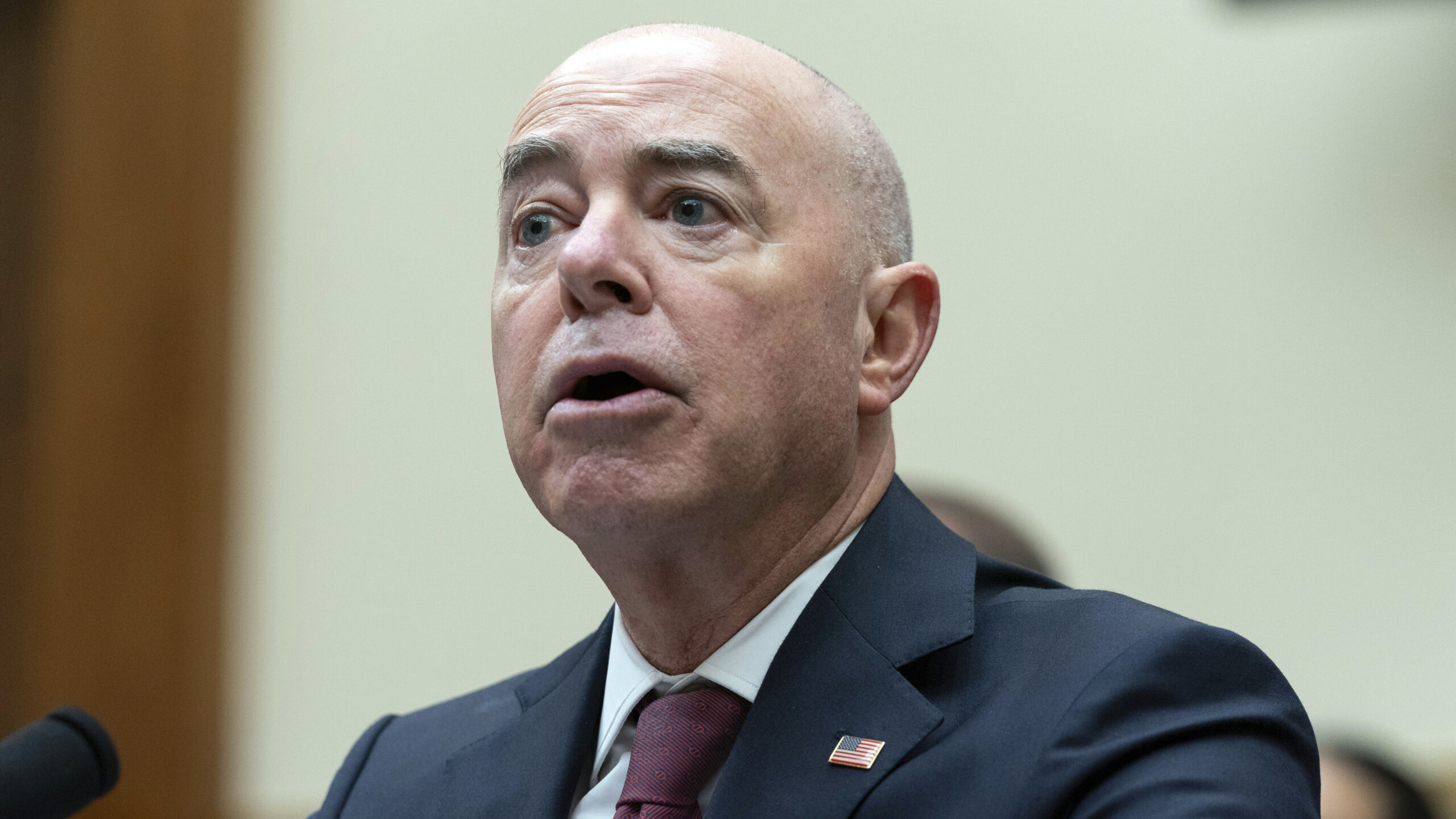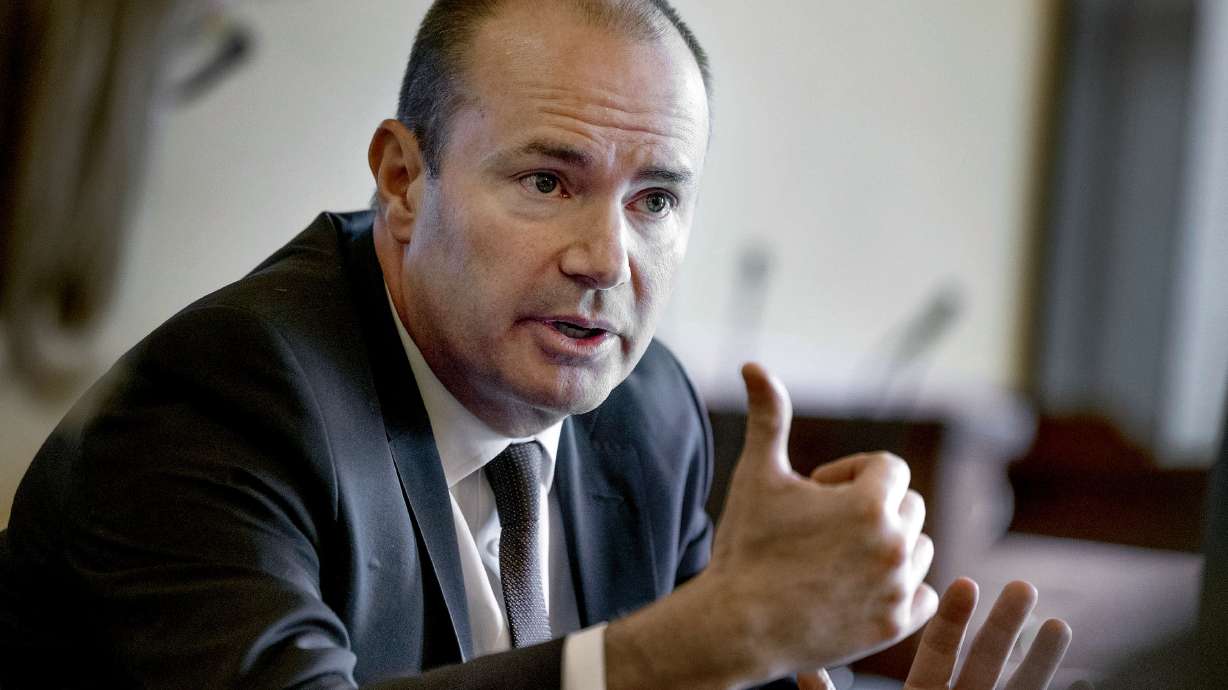BALANCE OF POWER: Voters may be last path to curb legislative power
Feb 3, 2022, 7:45 AM
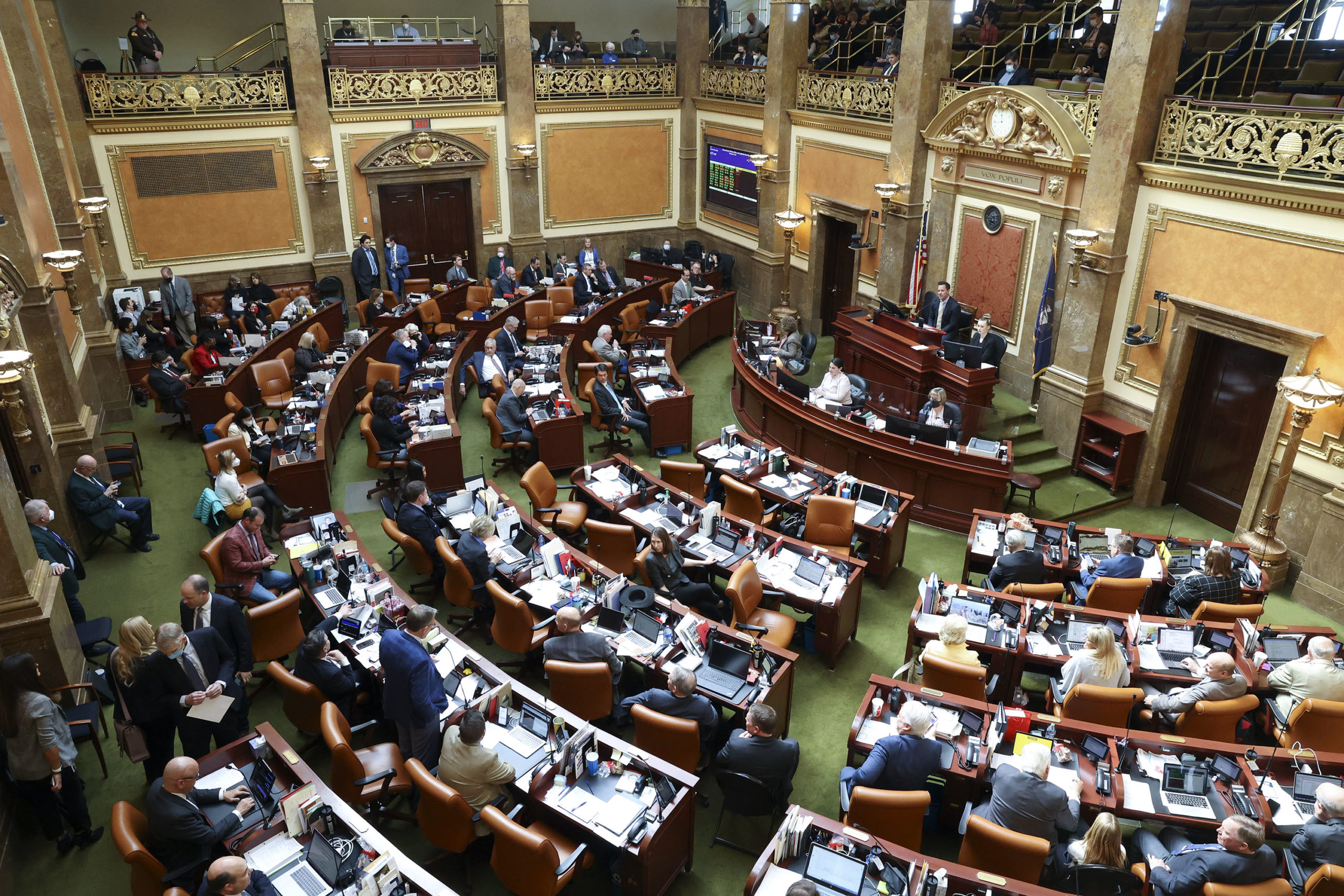
House Speaker Brad Wilson, R-Kaysville, presides over the House at the Capitol in Salt Lake City on Thursday, Jan. 27, 2022.
Editor’s note: This is part two of a series on the Balance of Power in the Utah state legislature. Here’s where you can read the first part.
SALT LAKE CITY — Utah’s legislature has now passed a law updating how school districts switch to remote learning, but one part of the law is raising constitutional questions over the state legislature’s powers.
And it may be up to the voters to voice if they’re displeased.
At issue here is the law suspends Test-to-Stay and details how schools now go remote, giving power to the Governor, State Superintendent, Speaker of the House, and Senate President, who together have final say for schools to move online.
Meaning, if one of them disagrees, a school district would not be able to switch to remote learning.
“There’s a question of form over function,” said former U.S. District Court Judge Paul Cassell now a law professor at the University of Utah School of Law. “In form this looks like a commission… but the function is to essentially give a single legislator, and indeed a prominent legislator, veto power over executive branch action.”
The bill’s sponsor argues Utah’s Supreme Court rulings allow for commissions to have legislators on them and those commissions may even have executive functions, without violating Utah’s Separation of Powers Doctrine.
Serious questions
“I do think the questions here are very serious,” Cassell said. “And should attract a very close scrutiny from the court system.”
But this issue may never see the inside of a courtroom.
“The only way this is going to end up being challenged by a citizen is they are in some school remote operation order that is overturned by virtue of this law. And then at that point, a parent, on behalf of a child that was harmed by that decision, could go to court,” said Cassell.
Governor Spencer Cox could also challenge the legislature, which also seems unlikely.
“If we value constitutional governance, then a governor should be willing to block a bill not only is it good or bad policy, but because it violates the constitution,” said Adam Brown, Associate Professor of Political Science at Brigham Young University. “And legislators should be willing to vote against a bill even if they like the policy.”
Legislative power
But the Governor and lawmakers seem to be signaling, at least publicly, that there isn’t a constitutional issue here.
“The legislature has this authority already,” Gov. Cox said last week. “It’s their authority to use.”
On Wednesday, he signed this year’s version of this remote school bill H.B. 183.
The bill’s sponsor, who’s also an attorney, is Sen. Todd Weiler, R-Woods Cross.
“The legislature has its own law firm, we call it the Office of Legislative Research and General Counsel,” Weiler said. “The Governor has his own lawyer, and we have the Attorney General’s Office. And all of them have looked at this. We’re getting the advice that this is within the purview of the legislature.”
Not the best bellwether
But Cassell said the legislature’s own lawyers might not be the best bellwether on this issue.
“It would hardly be shocking news to find that that group believes that legislative powers are expansive. It might be a different case if, for example, the Attorney General were to be consulted, or if the courts were to make the ruling,” Cassell said.
According to Cassell, a formal legal opinion from the Utah Attorney General could be significant. However, a spokesman for Sean Reyes’ office said Wednesday they’re “not taking a position on this bill.”
Utah voters may be last path
As of this writing, a challenge through the courts, the Governor, a new bill changing the piece of the law in question, and a formal opinion from Utah’s Attorney General all seem like unlikely scenarios. Which means, Utah voters may be the only check and balance there is on legislative powers.
And they may need to use a veto power of their own come election day.
Read more:


